-
For Home
For Home
Categories
- For Builders
- For Business
- About Us
- Contact and Support
- Our Sustainability
At WM New Zealand, we take safety and wellbeing seriously. In collaboration with Hato Hone St John, we want to raise awareness for Mental Health Awareness Week by shining a light on how to spot mental health struggles in those around us. Just as we care for our physical health, mental health is equally important, yet the signs can be harder to spot.
The past few years have been challenging for Aotearoa, with extreme weather events, rising living costs, and social divisions affecting us all. Now, more than ever, it’s vital to recognise when someone in our community might need a helping hand.
According to recent research commissioned by the Mental Health Foundation, community is the key to getting through tough times. Over 1,500 New Zealanders from areas impacted by Cyclone Gabrielle emphasised the importance of coming together during adversity. It reminds us that community isn’t just a place; it’s about connection and creating something meaningful with others.
In Aotearoa, we take pride in being tough and resilient, but this “harden up” mentality can make it harder for people to seek help when they need it most. Ignoring our mental wellbeing can lead to feelings of isolation and shame, which often makes the situation worse. So, how do you know when someone’s mental health is declining?

If a typically chatty mate becomes distant or stops attending toolbox talks, it might be a sign they’re struggling.
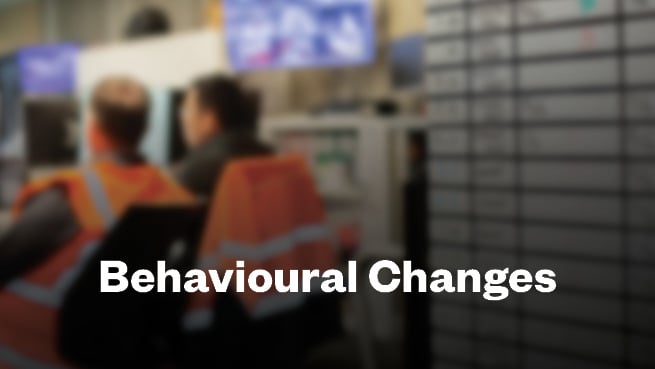
Noticeable differences like increased forgetfulness, lateness, or ignoring messages could mean something’s up.
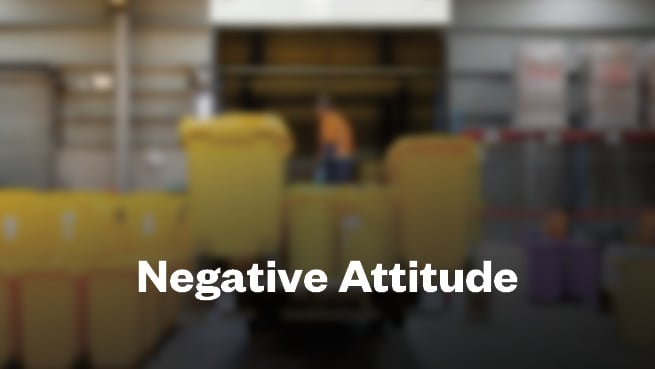
A normally laid-back friend who’s become frustrated or negative might be dealing with more than meets the eye.
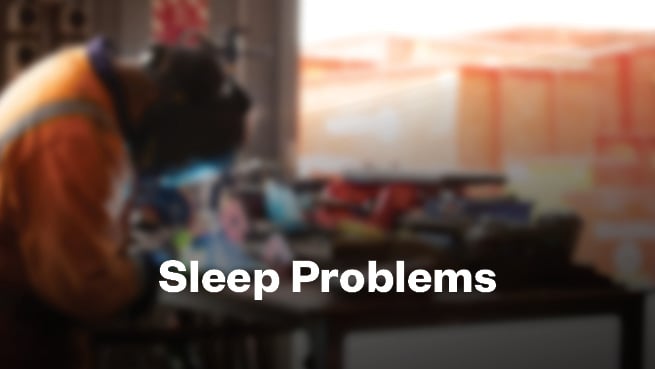
If someone mentions ongoing sleep issues, it’s worth checking in on them.
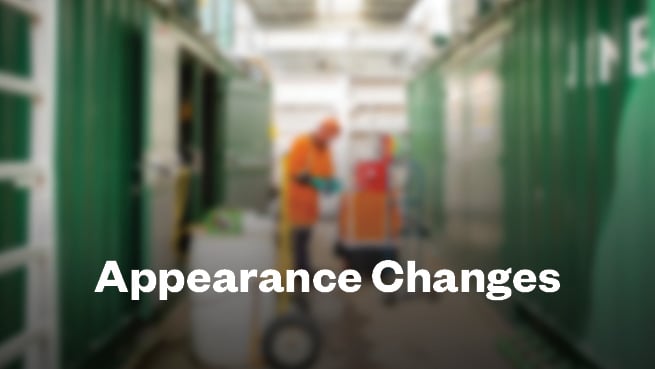
Shifts in weight, personal hygiene, or body language can be signs of mental distress.

Skilled workers making frequent mistakes or taking unusual risks may be struggling mentally.
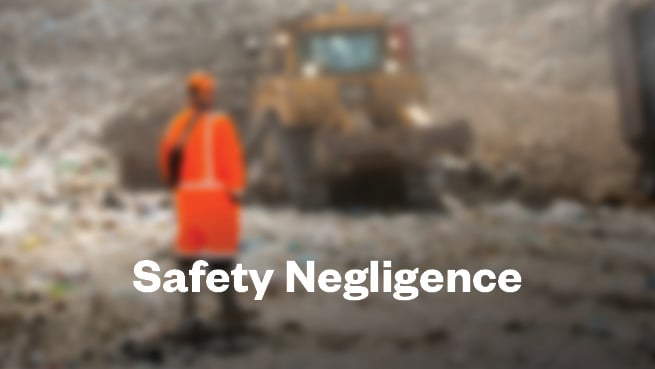
If a team member isn’t using safety gear properly, this could signal underlying mental health challenges.
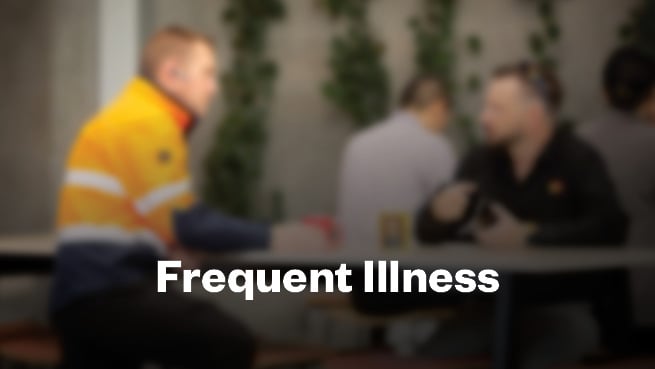
A usually healthy person who’s suddenly sick all the time might be facing mental health challenges.
Everyone’s experience with mental health is different, and changes might come in various forms. If you notice any of these signs, a simple “Are you OK?” can make all the difference.
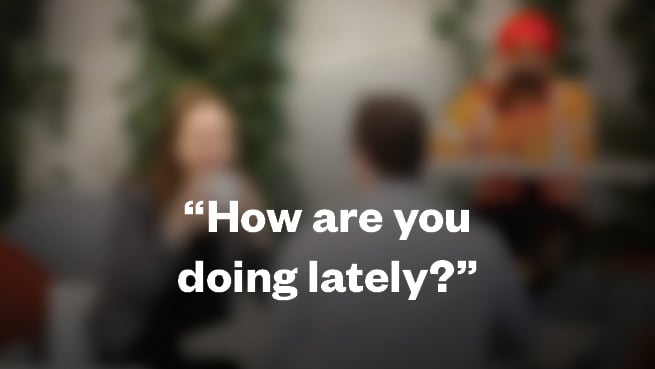
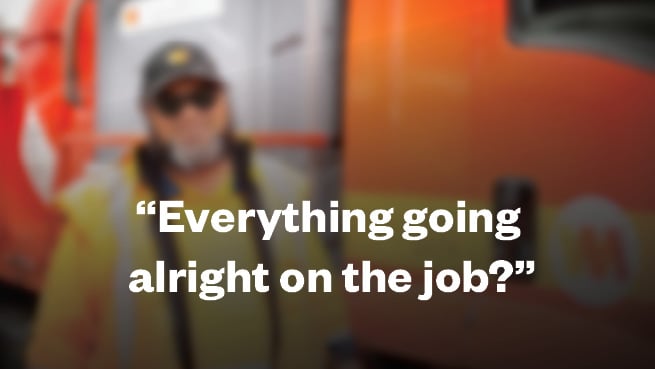
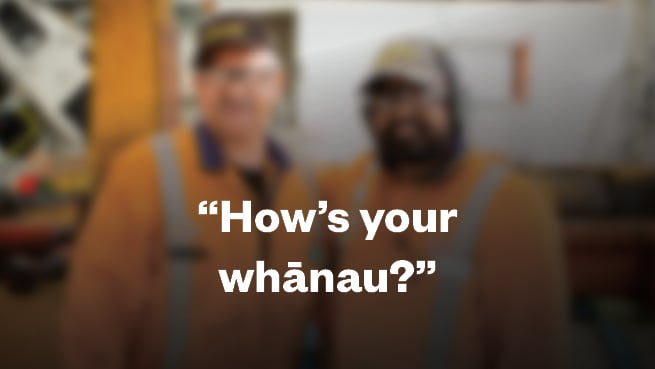
If they open up, be supportive, listen without judgement, and encourage them to seek help. Recommend resources like Hato Hone St John’s support services, the 1737 helpline, or talking to their GP. Let them know they’re not alone and check in regularly to see how they’re doing.
At WM New Zealand, we believe in creating a culture where it’s okay to talk about our struggles. Mental health is just as important as physical health, and by supporting one another, we can make our workplace a safer, more compassionate space.
Together, alongside Hato Hone St John, we can continue fostering a culture of wellbeing, not just in the workplace but across our communities.


Helpline services are available right now in New Zealand that offer support, information and help for you and your parents, family, whānau, and friends. All the services listed here are available 24 hours a day, seven days a week unless otherwise specified. For more information about where to seek help, please visit mentalhealth.org.
